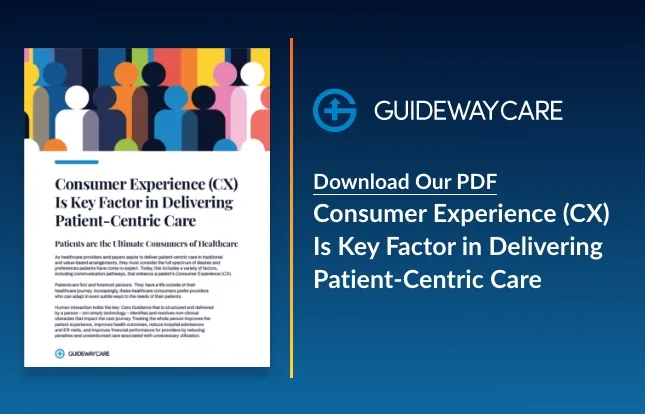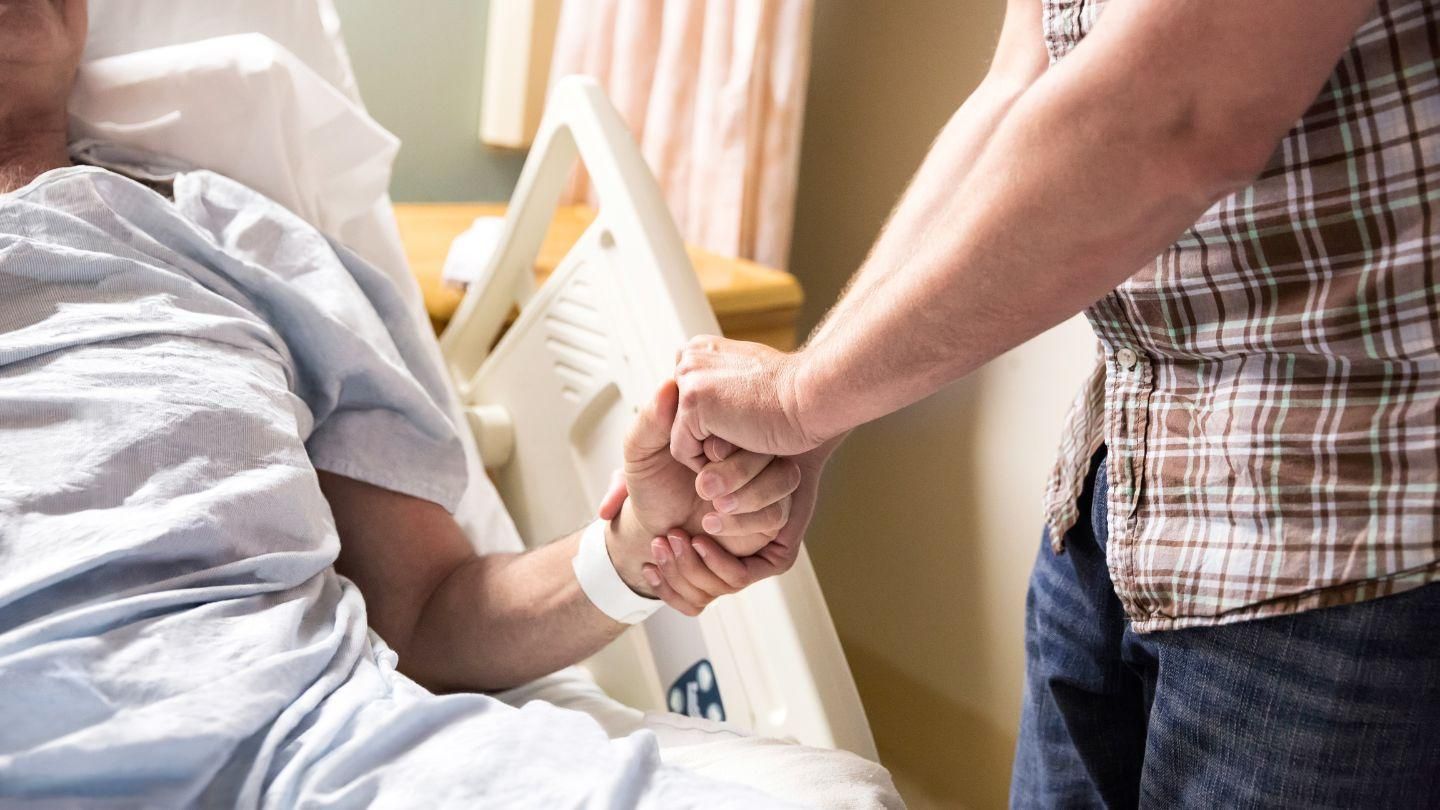New Study: MIPS Scores Reflect Challenges for Practices Treating Socially Vulnerable Patients

Physicians treating more medically complex and socially vulnerable patients had lower MIPS scores despite similar quality outcomes.
A recent study of over 80,200 primary care physicians underscores the fact that a lot of what determines a person’s overall health and well-being is non-clinical and further reinforces the need for Guideway’s care guidance solution. In results released from Weill Cornell Medical College, new research raises doubts about whether the Merit-Based Incentive Payment System (MIPS) accurately captures and reflects the quality of care delivered by primary care physicians.
“These results demonstrate that MIPS scores do not mean the same thing for different kinds of practices,” says Craig Parker, Guideway’s CEO, noting that nearly 1 million providers participate in MIPS every year. “The study’s authors found that physicians treating medically complex and socially vulnerable patients did not always have MIPS scores that correlated to patient outcomes. This reality creates a significant issue for smaller independent practices or those treating a lot of under-resourced, disadvantaged patients. To keep up with practices with a different mix of patients, these smaller practices with socially vulnerable patients will need stronger tools to deal with the outside factors associated with social determinants.”
According to the Weill Cornell study, MIPS scores and physician performance on both process and outcome measures were not always directionally connected. In fact, physicians treating more medically complex and socially vulnerable patients were more likely to receive low MIPS scores even when they provided relatively high-quality care.
The study findings should not come as a surprise. Several years ago, CMS revised the Hospital Readmission Reduction Program to more directly compare hospitals based on their relative mix of dual-eligible patients, which can be a proxy for the most under-resourced, lowest motivated patients who experience the highest levels of issues arising from the Social Determinants of Health (SDoH).
“Guideway’s Service-as-a-Solution can have a profound and positive impact on MIPS scores,” says Parker. “Our highly trained care guides operate using a scalable, technology-enabled platform, with an approach to patient interaction that is proven to activate patients and their families and uncover and resolve practical, non-clinical issues and barriers experienced during their care journey. Following structured, AI-assisted workflow protocols ensures that potentially relevant clinical information is also escalated to proper clinical care or social service teams and proactive interventions are promptly initiated by the care guides to resolve non-clinical barriers to care.”
MIPS is a mandatory reimbursement program for Medicare providers, including physicians, physician assistants, and nurse practitioners, as long as they bill enough for Part B-covered professional services and see enough Part B patients based on Medicare-set levels. Medicare reimburses providers in MIPS based on their performance across four categories: Quality, Promoting Interoperability, Improvement Activities and Cost.
Parker points out that care guides also empower these provider organizations with value-added support, functioning as an extension of their clinical teams, freeing up labor, time and resources so that nurses and staff can focus on high-value clinical tasks.
“The addition of care guidance to the portfolio of services provided by a practice not only improves their MIPS scores, but also the ability to deliver care that is patient-centered and focused on whole person health that considers each patient’s unique needs,” says Parker.
Guiding the Future of Healthcare
A care guidance solution requires collaboration with like-minded partners dedicated to improving health and welfare for entire communities. As your partner, Guidewaydelivers on the promise of health equity.
Please contact us to discuss data-driven solutions for resolving SDoH or if you have questions or need support. For more information on Guideway Care, view our selection of case studies.
Contact Us Today To Learn How We Can Help
"*" indicates required fields




